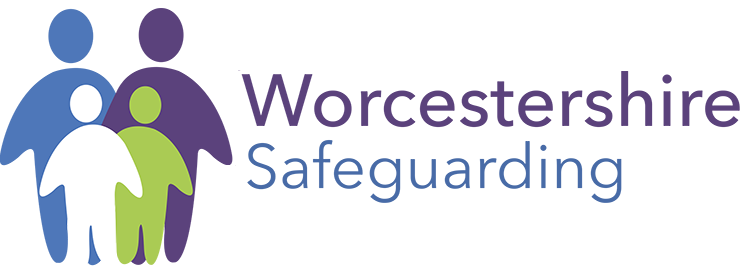Making Safeguarding Personal
In Worcestershire we are all committed to supporting adults on their own terms and in a way that works for them as an individual. This is what we mean by ‘Making Safeguarding Personal’.
This page provides links to local and national resources which provide advice and guidance on working with the individual to ensure they achieve the outcome the person wants.
MSP National Practice Toolkit
This national practice toolkit handbook, commissioned by the Local Government Association, guides you through the best approach and effective application of safeguarding with a range of helpful approaches, tools and practice based case examples. It includes advice on applying legal frameworks alongside information on different methods to consider using in practice.
Our commitment to ‘Making Safeguarding Personal’ should always be viewed as part of our wider commitment to working in line with the six adult safeguarding principles:
- Empowerment
- Prevention
- Protection
- Proportionality
- Partnership
- Accountability
Local Resources
Making Every Contact Count Poem
Making Safeguarding Personal (MSP) Leaflet
Learning from Safeguarding Adults Reviews
There have been several Safeguarding Adults Reviews (SAR) in Worcestershire where there has been learning in relation to Making Safeguarding Personal. Details of these can be found by following this Link to WSAB SARs MSP Learning Page
In Worcestershire we are committed to supporting adults on their own terms and in a way that works for them as an individual. This is what we mean by ‘Making Safeguarding Personal’.
- Hearing the person
- We give the person time and space to talk
- We listen to them
- We take what they say seriously
- We make sure they do not have to keep repeating the same thing to different people
- We ask what their priorities are
- We ask whether they want any help from us
- We ask what they think that help might look like
- Respecting the person’s choices
- We support the person to make their own choices and decisions
- We give them as much information as possible in order to make their own choices
- We respect their values and decisions
- We do not make the person feel judged or punished for the choices they make or the things they tell us
- We support the person to be as safe as they want to be
- We always act in line with the Mental Capacity Act where choice and decision making is impaired
- Understanding the person
- We communicate with the person in ways they understand, without using jargon
- We get a sense of what matters most to them, and why
- We take steps to understand their culture, background and community
- We are curious, not because we want to take control of their life, but because we care about what happens to them
- We try to understand who they feel they can trust, and to keep those people around them
- Being honest with the person
- We discuss our concerns with the person before we decide what to do
- We are open about any worries we have for them
- We keep them informed about who is doing what, and why
- We are honest if it is necessary to act against their wishes or expectations
- We seek consent before sharing any information about them
- When we do share information we explain who we are sharing it with, any why
WSAB would like to hear about your experiences or safeguarding, good and bad. If you are happy to share these with us confidentially please click ‘Get Involved’.
Other National Resources for Making Safeguarding Personal
Local Government Association Making Safeguarding Personal Toolkit
Newcastle Safeguarding Adults Board Video – 8 Principles of Engagement

